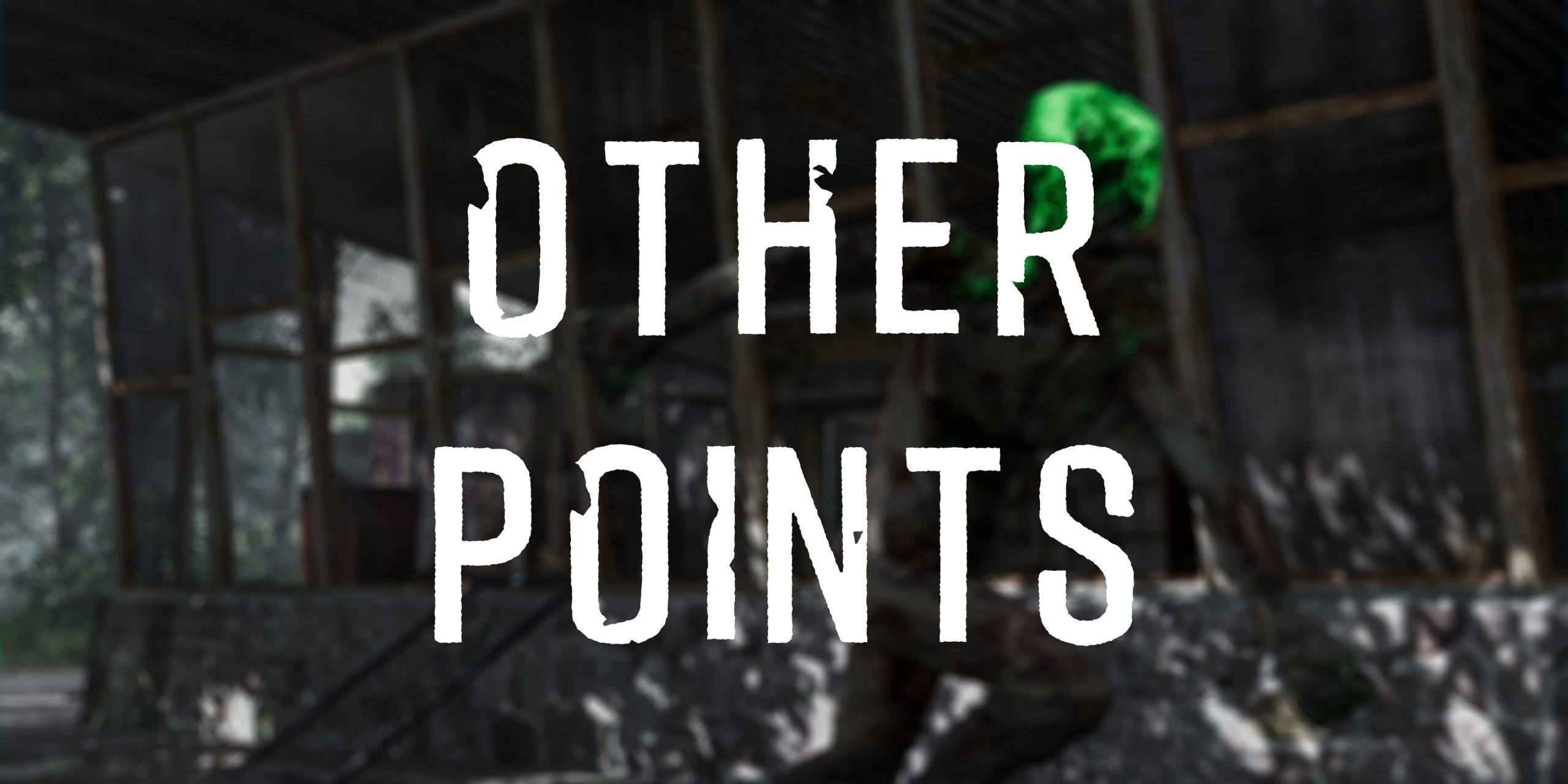There are just a couple tidbits worth noting, externally of everything I have said so far. One of the biggest frustrations I encountered was the over reliance on the game’s scanner system, which when pinged highlights all of the resources within a certain radius. Due to how useful it is, and how relatively difficult it was to identify what is and isn’t a resource, I felt a sense of over-reliance on this mechanic – especially as it had a rather significant cooldown period (though this can later be upgraded). Those who simply gather resources as they go along should be fine, but those who wish to collect as much as possible might find similar struggles.
Despite its premise and genre, the game isn’t afraid to be weird, funny and meta. One of the shopkeepers you will encounter in the world is called Evgeniy Andrushev (or EA) and will sell you loot boxes (though only using in-game resources). Likewise, another NPC makes references to real-world CEOs including Alibaba’s Jack Ma, comparing his own aspirations to the billionaire.
While I did not encounter any game breaking bugs, I did come across a few which proved to be annoying, including a bug where I could not equip my weapon until I restarted the game. In the same vein, the game suffers from some minor spelling mistakes as well as grammatical errors – though they are few and far in between. What was more noticeable was the difference between the spoken script and the written one.
In Chernobylite, your companion Mikhail has quite the potty mouth on him. While it seems like the team decided to tone down his language a bit, the English voice acting does not reflect this, thereby creating a discrepancy between what is written and what is said. It is possible this was a last minute decision which took place following a second round of localisation, however what it does mean is that in the English VA, some characters do use slurs on very rare occasions.
While not necessarily an issue, Chernobylite’s maps are both very open, and yet linear in certain areas. This leads to some confusion with regards to where you can and can’t go. While a majority of the game’s foliage can be walked through, some are used to hide invisible walls. Likewise, many roofs and buildings can be climbed with doors being openable – but not all of them, and the distinction isn’t clear.
While the game makes the most of its limited budget, some of the shortcomings are noticeable, such as the lack of dynamism in the movements of the companions, with most of them being static or having a few canned animations. Likewise, all characters wear some kind of face mask. While it makes sense sometimes, it quickly becomes obvious that this was done so that the team did not need to animate the characters’ face and mouth movements.
Finally, some of the game’s story elements could have benefited from a second look to make sure that it is paced and ordered correctly. Specifically, one of the game’s biggest plot twists was ruined, as the game allowed you – as Igor – to guess it in advance. The twist hadn’t occurred to me until this moment, and it heavily reduced the impact of its revelation during the game’s climactic finale.
 KitGuru KitGuru.net – Tech News | Hardware News | Hardware Reviews | IOS | Mobile | Gaming | Graphics Cards
KitGuru KitGuru.net – Tech News | Hardware News | Hardware Reviews | IOS | Mobile | Gaming | Graphics Cards

